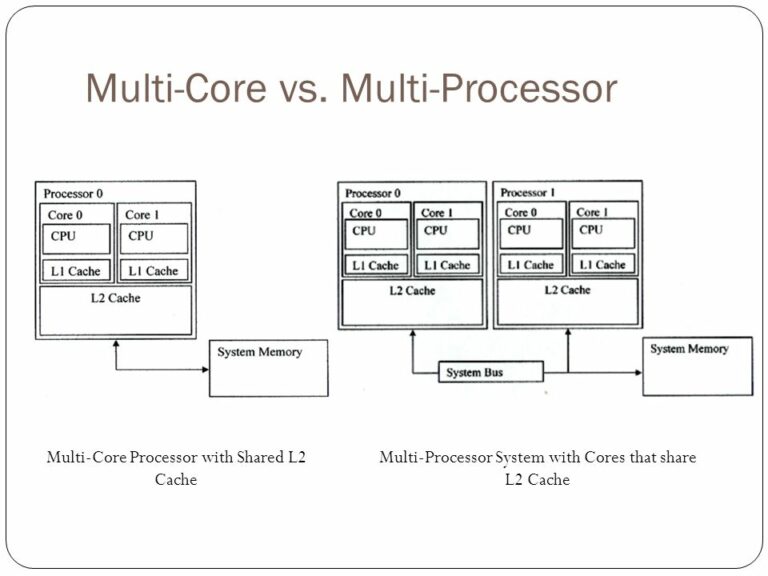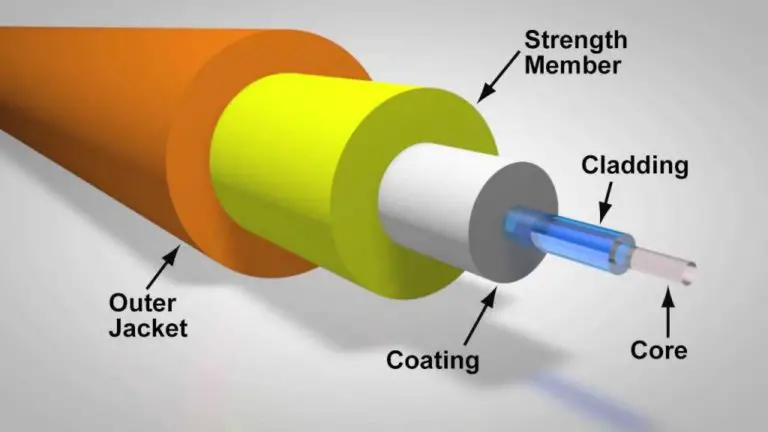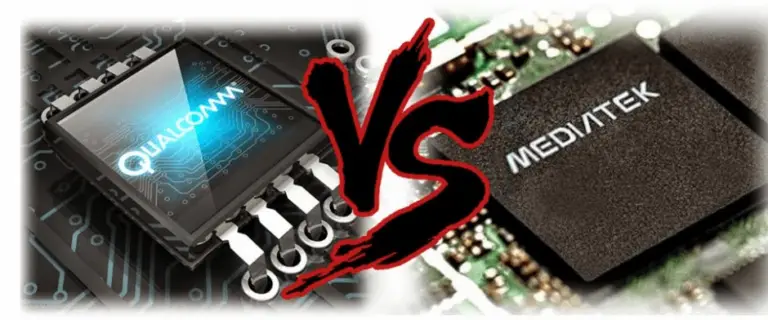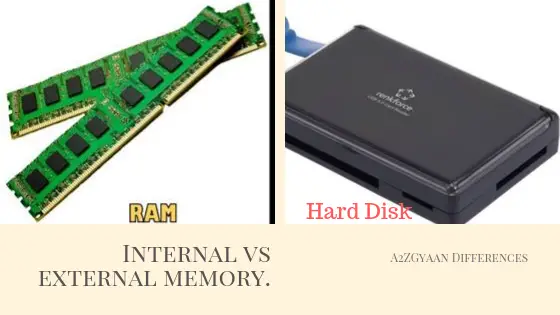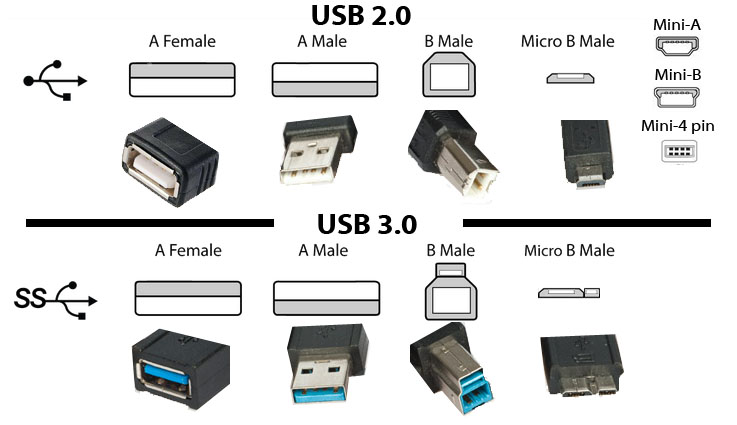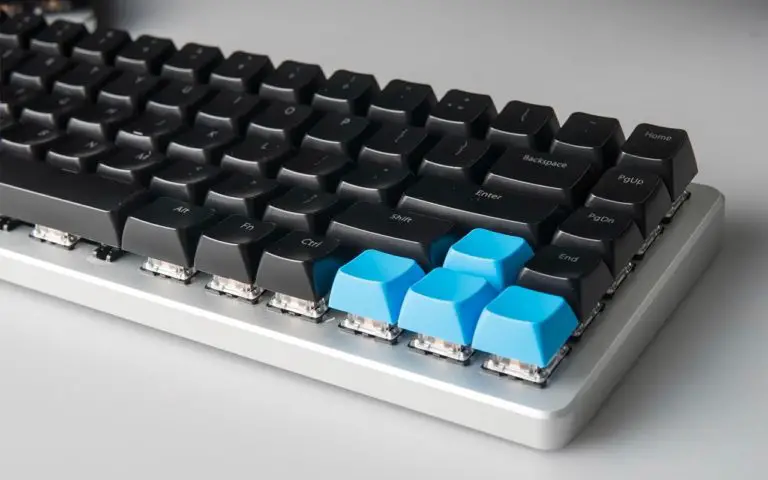Does RAM Affect FPS in Gaming?
RAM is an essential part of gaming purpose after processor and graphic cards in any system. However, there are a lot of misconceptions relating to does RAM affect fps in gaming.
Is it so?
Well RAM is an integral part of the computer system, and it has impacts on the performance of any order. After CPU and GPU, RAM plays the most vital role in the performance of the system.
So, here in this article, we will see how RAM affects the framerate (FPS) in your gaming system. You will also find out if RAM improves the framerates and gaming performance in your system. Let’s check it out.
Is RAM Responsible for Low Framerates in Gaming?

Now ask yourself a simple question. What is the working of RAM? It gives the idea of storing temporary files inside the RAM that are needed to be frequently accessed by the operating system. Right.
So, it works in the same way when you’re gaming on any system.
Now, what if your memory (RAM) runs out?
These temporary files will get stored in hard disk drive on your computer, which significantly reduces the retrieving speed of data when needs to be accessed. Also, leading your FPS to take a hit.
It is the reason why RAM stores temporary files for faster access.
If your system does not have a sufficient amount of RAM, things will get slow down. Perhaps, if you increase your RAM size, you’ll notice the difference if FPS.
I am now making you more clear.
RAM does affect FPS but to a lesser extent. It is the CPU and GPU, which are the most significant factors in determining the gaming performance. Let’s take an example so it will be more clear to you.
A laptop with 8 GB of RAM and integrated graphics will undoubtedly perform better than a computer with 4 GB of RAM. Now, suppose the laptop with 4 GB of RAM has a graphic card of NVIDIA GTX (just an assumption), will 4 GB of RAM would be enough for gaming?
It’s a big No. You’ll suffer from gaming performance.
The other laptop with 8 GB of RAM and integrated graphics will give you better performance than that of 4 GB RAM.
However, if you have a laptop with 8 GB of RAM and NVIDIA GTX 1070 high-end graphic card, RAM will not affect your gaming.
To put things in perspective, it’s the CPU and GPU which the effects FPS the most and RAM in the last.
Is it the Speed or Size of RAM Important for Gaming?
Below I’ve shared a video from YouTube to help you understand which matters the most: speed or size of RAM.
While upgrading to a gaming laptop, you might come across these two questions. Should I go for 8 GB RAM with 2133 MHz or 8 GB RAM with 3200 MHz?
Let’s clear your doubt.
RAM speed which is also known as RAM frequency, is the number of commands it can handle in one second. The more your system has RAM frequency; the less time will be taken to process each file.
Remember the temporary files that are handled by the RAM? Well, in case of a gaming system, it has more temporary files to be stored. But in the case of a gaming system, you don’t require more RAM speed.
It is because of the vRAM on dedicated to your graphic card will be more consumed than the actual RAM of your computer.
There will be not much difference with RAM of either low speed or high speed until it’s coming from the DDR family.
Takeaway on RAM’s Impact on Framerates
RAM does affect FPS and gaming performance to a certain extent. However, it depends on the amount of RAM, and the impact varies from game to game. Also, if you upgrade and reach a certain amount of RAM in your laptop, the increase in performance is very minimal.
As discussed above, the CPU and GPU are the two significant factors that affect the FPS the most. RAM becomes an essential part if you’re starting with an insufficient amount of memory.

